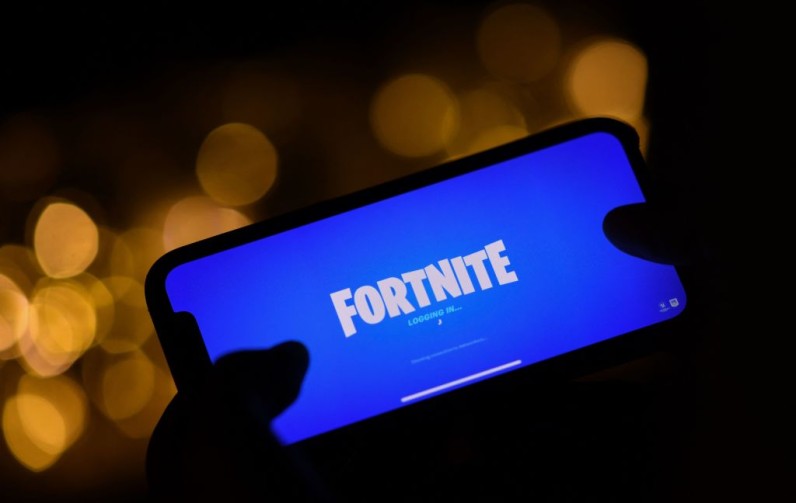
Nearly one million Fortnite players in the US are getting refunds this week after the Federal Trade Commission (FTC) ruled that the game's maker, Epic Games, used unfair tactics to charge people without permission.
The refunds are part of a larger settlement agreement reached in 2022.
On June 25 and 26, the FTC announced that it would send out 969,173 payments totaling nearly $126 million, CBS News said.
These payments will go to players—or their parents—who were tricked into buying items in the game they didn't mean to purchase.
Some of the players were kids who used their parents' credit cards without understanding what was happening.
This is the second round of payments. The first wave was in December 2024, when over $22 million was returned to more than 629,000 Fortnite users.
The refunds come from a $245 million settlement that Epic Games agreed to pay after the FTC accused the company of using "dark patterns." These are sneaky design tricks that confuse users into spending money.
The US Federal Trade Commission (FTC) is sending out over 969,000 payments worth more than $126 million to Fortnite gamers charged for unwanted items. pic.twitter.com/lwJGnUVODx
— Alex (@PlanoGaming) June 25, 2025
FTC Reopens Fortnite Refund Claims Until July 9
The FTC also fined Epic $275 million in a separate case for breaking children's online privacy rules—bringing the total amount to more than $520 million.
If you think you may be eligible for a refund but didn't apply earlier, there's good news: the FTC has reopened the claim process until July 9.
You can apply at www.ftc.gov/fortnite. To file a claim, you'll need your Epic Account ID or the claim number sent by the FTC.
Anyone under 18 must have a parent or guardian file the request on their behalf, PC Gamer said.
Refunds will be issued either by check or through PayPal. Checks must be cashed within 90 days, and PayPal refunds should be accepted within 30 days.
The FTC says this case is a warning to all companies that target kids or use misleading tools to make money.
Samuel Levine, Director of the FTC's Bureau of Consumer Protection, said in a previous statement, "Protecting children and ensuring companies follow the law will remain a top priority."







Join the Conversation